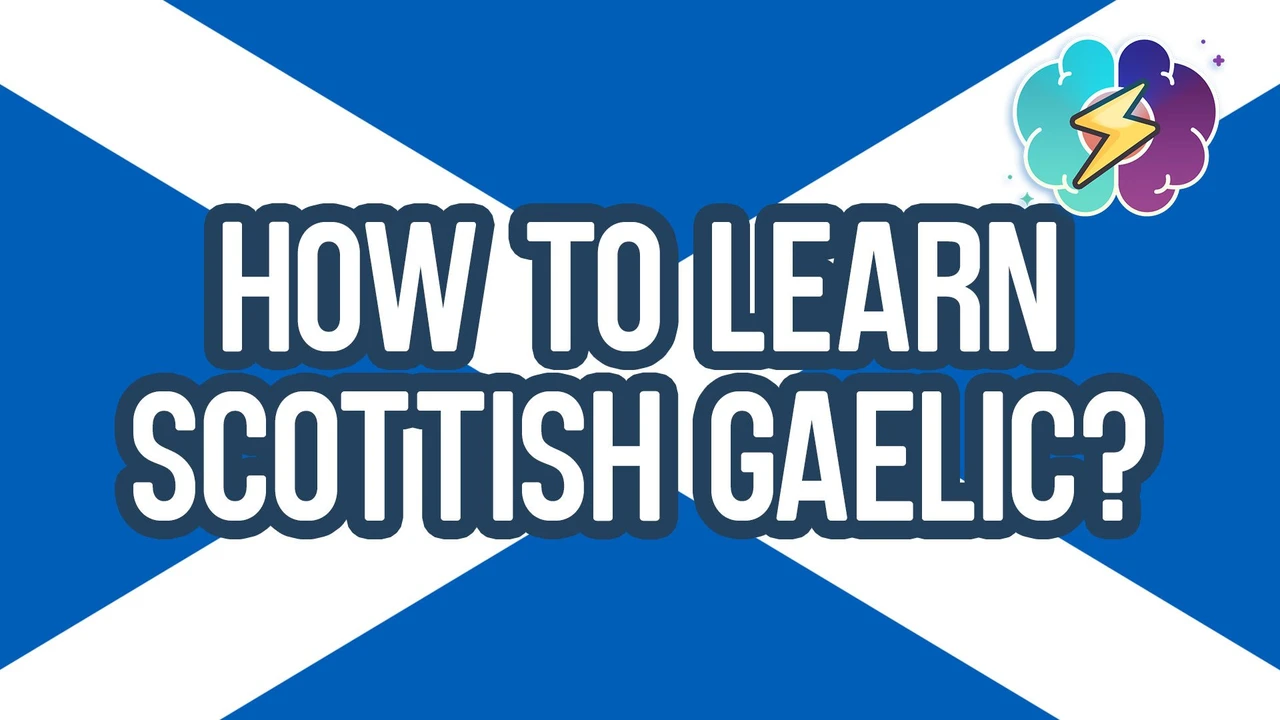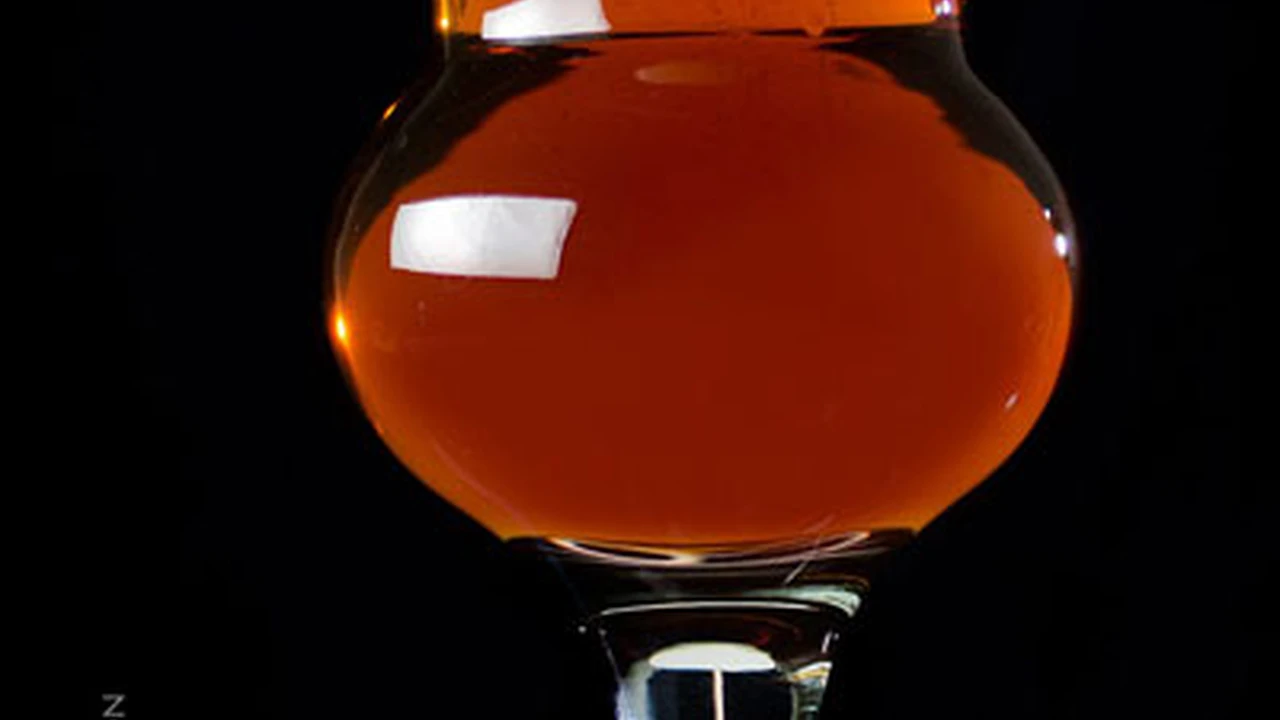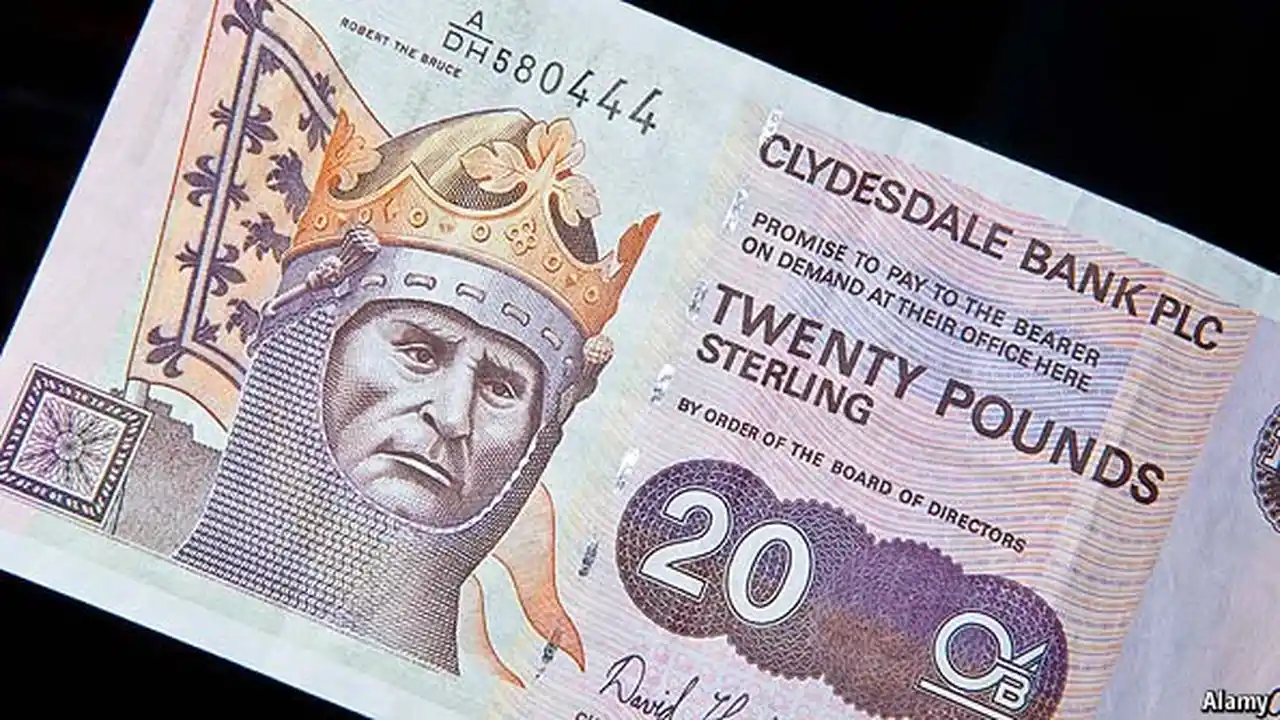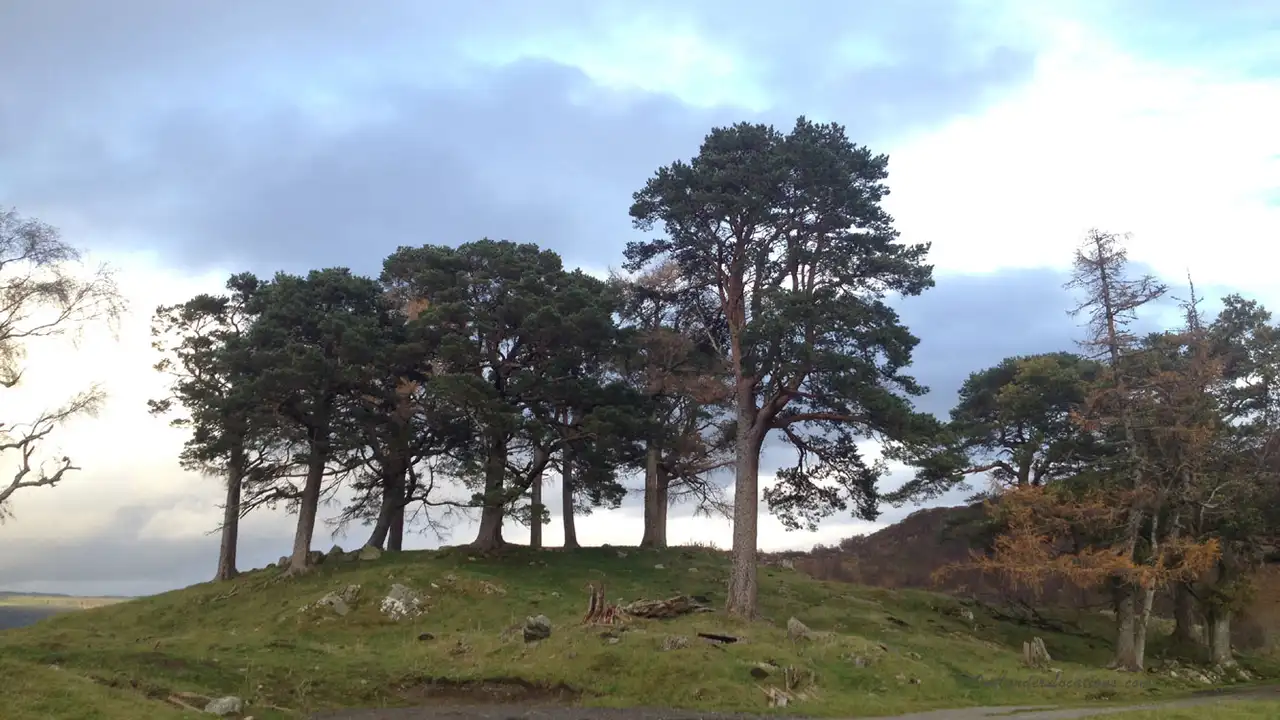Scottish Gaelic: A Language Guide for American Travelers
Sample meta description.

Introduction to Scottish Gaelic Your Gateway to Scotland's Soul
So, you're heading to Scotland? Awesome! Beyond the rolling hills, majestic castles, and friendly locals, lies a secret weapon to unlock an even deeper connection: Scottish Gaelic (pronounced "GAH-lik"). It's not just a language; it's a key to understanding the heart and soul of Scotland. Forget tourist traps; learning even a few phrases will open doors to authentic experiences and conversations you wouldn't believe. This guide is designed specifically for American travelers – no linguistic mumbo-jumbo, just practical phrases and tips to get you started.
Why Bother Learning Gaelic A Traveler's Perspective
Seriously, why learn a language that's spoken by a relatively small number of people? Here's the deal: showing respect for the local culture goes a long way. Imagine walking into a small pub in the Highlands and greeting the bartender with "Madainn mhath" (Good morning). You'll instantly be met with smiles and maybe even a free dram of whisky! Plus, understanding place names (so many "Glen" this and "Loch" that) will enhance your exploration. You'll also impress your friends back home – guaranteed!
Essential Gaelic Phrases for American Tourists
Let's dive into some phrases you can use right away. We'll keep it simple and focus on pronunciation tips that are easy for American ears.
- Greetings:
- Madainn mhath (MAH-tin vah) - Good morning
- Feasgar math (FES-kar mah) - Good afternoon/evening
- Oidhche mhath (OY-huh vah) - Good night
- Halò (HAH-loh) - Hello
- Ciamar a tha thu? (KEE-uh-mar a ha oo?) - How are you? (formal)
- Dè mar a tha thu? (Jeh mar a ha oo?) - How are you? (informal)
- Tha mi gu math, tapadh leat (Ha mee goo mah, TAP-uh llet) - I'm well, thank you.
- Basic Politeness:
- Tapadh leat (TAP-uh llet) - Thank you
- Mas e do thoil e (Mah seh duh hull eh) - Please
- Tha mi duilich (Ha mee DOO-likh) - I'm sorry
- Chan eil fhios agam (Khan eel fees AK-um) - I don't know
- At the Pub/Restaurant:
- Uisge-beatha (OOSH-keh beh-ha) - Whisky (literally "water of life")
- Slàinte mhath! (SLAHN-teh vah!) - Cheers! (Good health!)
- Bia (BEE-uh) - Food
- Deoch (Jokh) - Drink
- A bheil biadh agaibh? (Uh vel BEE-uh AK-uv?) - Do you have food?
- Tha mi airson... (Ha mee AR-sun...) - I would like...
- ...peant (...pant) - ...a pint
- ...glainne fìon (...GLAH-nyuh feen) - ...a glass of wine
- Asking for Directions:
- Càit a bheil...? (Kaht a vel...?) - Where is...?
- ...an taigh-beag? (...un tie-beg?) - ...the toilet?
- ...am bus stad? (...um bus stat?) - ...the bus stop?
- ...an stèisean rèile? (...un stay-shun RAY-leh?) - ...the train station?
- Numbers (for ordering and asking prices):
- Aon (Oon) - One
- Dà (Dah) - Two
- Trì (Tree) - Three
- Ceithir (Keh-hir) - Four
- Còig (Koig) - Five
- sia (Shee-uh) - Six
- Seachd (Shakht) - Seven
- Ochd (Okhd) - Eight
- Naoi (Nee-uh) - Nine
- Deich (Jehkh) - Ten
Pronunciation Tips Conquering the Gaelic Sounds
Gaelic pronunciation can seem intimidating, but don't worry! Here are a few key points to remember:
- "bh" and "mh" are usually pronounced like "v": bha (vah) - was
- "dh" and "gh" are often silent or sound like a "y" sound: dhomh (yov) - to me
- "ll" is often pronounced like a "ch" sound in "loch": Seall (Shal - almost like Schall) - Look
- Vowels can be long or short, changing the meaning of the word: Pay attention to the length of the vowel sound.
The best way to learn pronunciation is to listen to native speakers. There are many online resources available, including YouTube videos and language learning apps. Don't be afraid to mimic the sounds – even if you feel silly!
Beyond Phrases Immersing Yourself in Gaelic Culture
Learning a few phrases is a great start, but why stop there? Here are some ways to further immerse yourself in Gaelic culture:
- Attend a Ceilidh: A traditional Scottish social gathering with music, dancing, and storytelling. Many ceilidhs will feature Gaelic songs and stories.
- Visit a Gaelic Centre: These centres (e.g., Sabhal Mòr Ostaig on the Isle of Skye) offer language courses, cultural events, and opportunities to learn more about Gaelic history and traditions.
- Listen to Gaelic Music: Artists like Julie Fowlis, Capercaillie, and Runrig (some of their songs are in Gaelic) offer beautiful and inspiring music.
- Watch Gaelic Television: BBC Alba is a Gaelic-language television channel with a variety of programming, including news, documentaries, and dramas.
- Read Gaelic Literature: While translations are helpful, try reading some simple Gaelic texts to get a feel for the language.
Gaelic Language Learning Resources Apps, Books, and Websites
Ready to take your Gaelic learning to the next level? Here are some helpful resources:
- Duolingo: A free, gamified language learning app that offers a Gaelic course. It's a great way to learn basic vocabulary and grammar.
- Memrise: Another popular language learning app that uses spaced repetition to help you memorize words and phrases.
- LearnGaelic.scot: A comprehensive website with lessons, exercises, and audio recordings.
- "Teach Yourself Gaelic" by Boyd Robertson and Iain Taylor: A classic textbook for beginners.
- "Scottish Gaelic in Three Months" by Hugo: Another popular textbook with audio support.
Gear Up Your Gaelic Journey Recommended Products
To truly embrace your Gaelic adventure, consider these helpful products that can elevate your experience:
- The Pocket Gaelic Dictionary (Collins): A reliable and compact dictionary perfect for travelers.
- Use Case: Quickly look up unfamiliar words encountered in signs, conversations, or menus.
- Comparison: Smaller and more portable than larger dictionaries, ideal for on-the-go use.
- Price: Around $15 - $20 on Amazon.
- Gaelic Phrasebook (Lonely Planet): A phrasebook tailored for tourists, covering essential travel situations.
- Use Case: Navigate daily interactions with locals, order food, ask for directions, and express basic needs.
- Comparison: Includes cultural insights and practical tips, making it more than just a list of phrases.
- Price: Approximately $10 - $15 on Amazon.
- Portable Audio Recorder (Zoom H1n): Capture authentic Gaelic conversations and practice your pronunciation.
- Use Case: Record interviews with native speakers, capture the sounds of traditional music, and analyze your own speech.
- Comparison: Offers high-quality audio recording in a compact and user-friendly device. More versatile than smartphone recording apps.
- Price: Ranging from $100 - $150 on Amazon.
- Noise-Cancelling Headphones (Bose QuietComfort 45): Immerse yourself in Gaelic audio lessons and music without distractions.
- Use Case: Block out background noise while studying Gaelic, listening to podcasts, or enjoying Gaelic music on trains, planes, or in bustling environments.
- Comparison: Provides superior noise cancellation compared to cheaper alternatives, enhancing your focus and immersion.
- Price: Typically $280 - $330 at major electronics retailers.
Embrace the Adventure Your Gaelic Journey Awaits
Learning Scottish Gaelic is more than just learning a language; it's about connecting with a rich culture and experiencing Scotland in a whole new way. So, pack your bags, grab your phrasebook, and get ready for an unforgettable adventure!
:max_bytes(150000):strip_icc()/277019-baked-pork-chops-with-cream-of-mushroom-soup-DDMFS-beauty-4x3-BG-7505-5762b731cf30447d9cbbbbbf387beafa.jpg)






